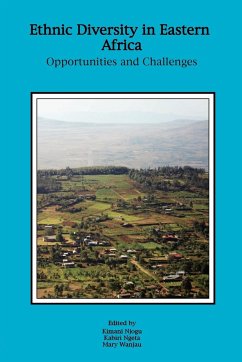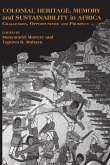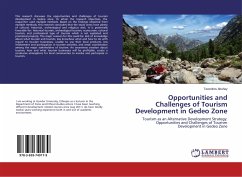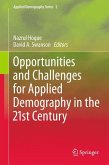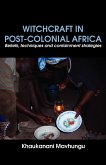In most of Africa, there is evidence of politicised inter-ethnic rivalry and ethnic mobilisation to acquire, maintain or monopolise power as competition for resources intensify. This volume demonstrates how ethnic diversity can be managed at a number of levels in order to improve the lives of citizens. As the contributors show, ethnicity as an identity is fluid and malleable. It can be deconstructed in order to reduce its saliency. Evidently, strong ethnic affliation has also been viewed as a major barrier to human and economic development although ethnically bound welfare organisations do influence the economic and social life of citizens especially in the rural areas, In most of Africa, it is through ethnic identification that competition for influence in the state and in the allocation of resources becomes apparent. Occasionally, governments have sought to address this challenge through ethnic and regional balancing in political appointments. But this does not always work. Drawing on experiences from Eastern Africa and beyond, the contributors discuss how ethnic diversity can be a resource for the region.
Hinweis: Dieser Artikel kann nur an eine deutsche Lieferadresse ausgeliefert werden.
Hinweis: Dieser Artikel kann nur an eine deutsche Lieferadresse ausgeliefert werden.

